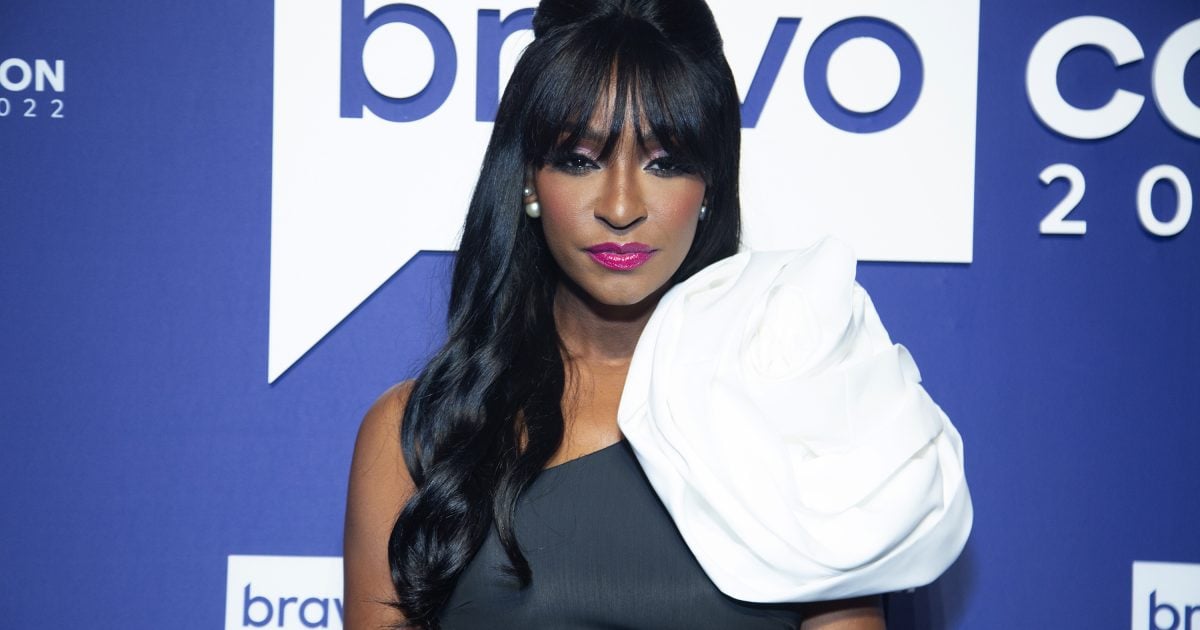When Cancer Treatment Causes Hair Loss
- Guerdy Abraira, 45, recently debuted her shaved head. She wanted to get ahead of likely hair loss before she begins chemotherapy for her breast cancer. She’s previously undergone surgery for treatment, too.
- Abraira recently made an uplifting post to her Instagram with photos of her shaved head: “Still planning on rocking wigs here and there but if you see me out like this…don't freak out! It's still me…with way less hair.”
- Side effects of certain cancer treatments like chemotherapy and radiation may include hair loss, among others.
- Hair loss is an emotional journey for many cancer survivors. One of our experts recommends talking to others who've been in a similar situation if you're struggling with hair loss.
Abraira was diagnosed with breast cancer in March 2023 following a routine mammogram. Fortunately, the disease was discovered at an early stage.
Read MoreHair Loss and Cancer
In her most recent Instagram post, she shared gorgeous selfies of her rocking the shaved head along with a photo of her husband of over 20 years, Russell Abraira, giving her the haircut.
View this post on Instagram
“CHEMO STARTS NOW – decided to be proactive and shave it off yesterday before I start treatment and before it falls off,” she wrote in her caption. “Even thought this is a hard journey, I'm thankful for everything in my life including this humbling experience which is making me even stronger.
“SWIPE âž¡ï¸ to see Russell with those clippers! Thank you also to @plushbeauty_ for doing my glam to make this new look even sweeter. Still planning on rocking wigs here and there but if you see me out like this…don't freak out! It's still me…with way less hair 🤩 #breastcancer #guerdyabraira #rhom #chemotherapy #cancer #GUERDYFIGHT.”
Coping with Hair Loss
Hair loss may be a side effect of cancer treatments such as chemotherapy and radiation. Sadly, it is a side effect that may negatively impact some cancer warriors mental health.
"The dread of losing one's hair can lead to sort of sleepless nights and you know, a feeling of anxiety," psychiatrist and author Dr. Samantha Boardman said. "Talk to people who have been through it, get their advice, voice your concerns to your caregiver and see what they can do."
How Ovarian Cancer Survivor Teri Chow's Wig (& Humor) Helped Her Cope With Hair Loss
When hair loss happens as a result of chemotherapy, it often starts about three to four weeks after chemo starts. It’s important to remember, however, that it is generally temporary. Cancer warriors can expect regrowth about four to six weeks after treatment is done, though the color and texture of the hair might be different than it used to be.
The Mayo Clinic states there are currently no treatments that guarantee a person’s hair won't fall out as a result of chemotherapy. But the treatments below may help:
- Scalp cooling caps
- Minoxidil (Rogaine)
Scalp-cooling devices were approved by the FDA in recent years first in breast cancer and then in a number of other cancers. According to Dr. Julia Nangia, a medical oncologist at Baylor College of Medicine and a lead author on one of the major studies of the device, 50% of women were able to keep their hair after four rounds of chemotherapy. Dr. Nangia also noted "without the devices, 100% of patients lost their hair."
Making Peace With Hair Loss Stephanie Hess Shares Her Ovarian Cancer Story
Some people have questioned the safety of scalp-cooling, but Dr. Nangia assured us that using scalp-cooling devices on people who have solid tumors (like in breast, ovarian, colon, and lung cancer) is safe.
Hair loss can also be a side effect of radiation, but radiation oncologist Dr. James Taylor says it doesn’t happen most of the time. He also says patients who do lose their hair from radiation will typically see regrowth “several weeks or months after treatment.”
"Fortunately, for most patients, hair loss is not a concern when having radiation therapy," he explained.
The National Cancer Institute says radiation-related hair loss will often grow back 3 to 6 months after treatment ends. A very high dose of radiation, on the other hand, may cause your hair to grow back thinner or not at all.
Thankfully, cancer patients have options if losing their hair is a concern. There are things like wigs, wraps, hats and scarves to look into, as well as support groups to join if you’re struggling with the side effect. There are also many cancer warriors who say going bald was an empowering experience. No matter what you decide to do, know you have people to support you. Don’t hesitate to talk to your doctors about resources and potential treatments to mitigate the loss if the side effect will cause distress.
Learn more about SurvivorNet's rigorous medical review process.


